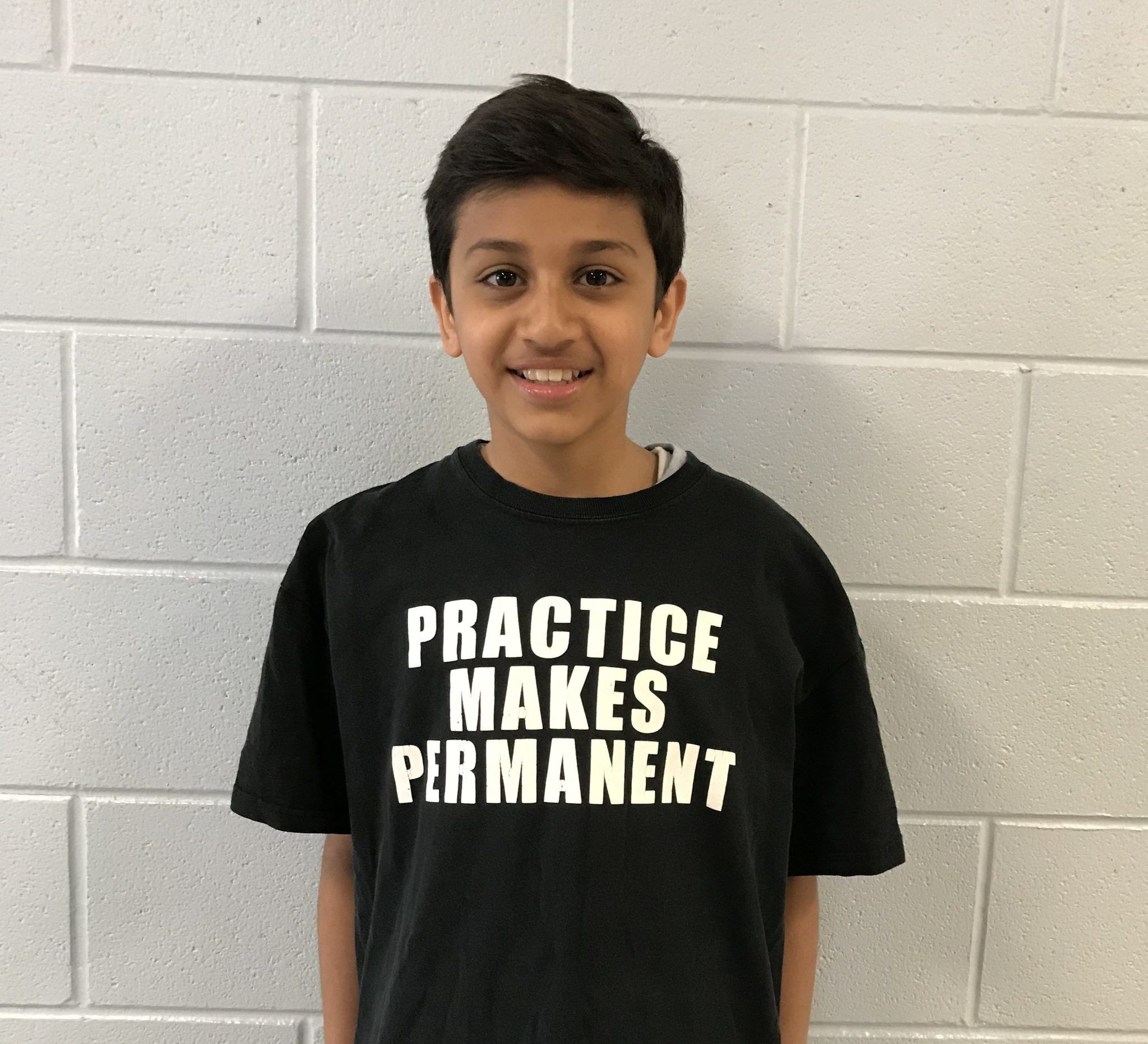A Truth shrouded in Obscurity

By Kaushik Chatterjee,
Researcher at Pakmen
We’ve all heard the saying, “Practice makes Perfect”. That, if you practice until every fibre of you is put through a figurative hell, you will become perfect. This applied to everything: practicing piano, to playing chess, to attempting a volleyball spike. The fact of the matter, though, is that this saying is false. If you practice horrible, then that is what you’ll carry into your own game. You won’t get better; you might get even worse! On the contrary, if you practice with dedication and passion, and ensure you work on all skills necessary, you will bring that same level of desire into an actual match. The upshot is, practice only makes perfect if you practice perfectly.
You’ve just walked onto the volleyball court. You have a brand new ball, brand new jersey, everything. You’re ready. You go through a brisk warm up before you focus upon your skills. You go out and start working on your serves; only, your elbow is always bent, your contact is 3 inches too low, and your legs are too close. You try for twenty minutes, and only hit 1 serve (which almost broke the light fixtures). You think to yourself, “I just need some practice”. NO. This very scenario just disproved the original premise. When you walk into a match, you’ll likely be even worse. Sure, you practiced. But you practised incorrectly. Your form was extremely questionable, and you never had the drive to ask ‘why?’; You can’t ignite a fire with sand. You need to first correct your form, then start hitting those serves. You’ll begin to see the sweet spots of the court, and where to hit the ball. You’ll start serving aces after some time. Then, your brain will recognize and remember this action. The concept of practice is situated around our cognitive functioning and memory. Your brain recognizes what the most effective action is, and remembers to recreate it. If all your shots go under the net, that’s all your brain will recollect during play.
We’ve seen the importance of practice from Ander Ericsson’s study (see The Fuel for the Inferno of Success). If we take the example from the music school in Berlin, the crucial term present was deliberate practice. They didn’t pick up a violin and plucked random strings for three hours – they found a piece, and practiced it until their bow broke. They learnt every single scale and arpeggio until they could play the violin shrouded in darkness. They dedicated themselves so that they had a solid grasp on everything: technical requirements; sight reading; melody playback; etc. They played every piece until it was perfect. Day in day out, fixing the melody, adjusting their hand movement, finding how to conduct the perfect crescendo. These students are the embodiment of purposeful practice. This same concept applies for everything from eSports to volleyball to drawing. We return to the realm of volleyball. What does purposeful practice mean? It means that you serve for hours, that you could hit an overhead ace with both eyes shut. That you can picture where the ball is coming, and position yourself before it’s over the net. It means you can anticipate everything which is happening in a fraction of a second.
Practice doesn’t make perfect – criticism does. As numerous studies show, learning runs on two peripherals: dedicated feedback; practice. Without an analysis of our errors, we have no way of knowing where we’re drawing a blank. And we need someone to tell us how to practice (see below). As John Hattie, author of Visible Learning puts it, “the most powerful single influence enhancing achievement is feedback”. The next step is to then practice upon these flaws, and turn them into a strength. Let’s say you’re always skewing a spike; it either goes five feet wide, or three inches under the net. A coach will analyze your form, contact, position, etc. and give you designated feedback. Your contact may be too low, or you’re making contact on the side of the ball. A coach is vital – especially in the early stages of your career -, and without one, you will never see what you’re doing wrong.
We’ve seen the power of mentorship. So, what exactly should a coach do? A coach should talk to their students about how practice isn’t always a good thing; talk to them about both the pros and cons of practice, and why it is essential to practice correctly. Promote insightful thinking. Unless a student experiences an epiphany, they will never fully comprehend the gravity of proper practice. Assist students in making changes to the games, helping them ‘unlearn’ their errors. Another important factor, is talking to them about their successes and failures. Talk about your own set of highs and lows. Sometimes, a few words hold the weight of a thousand punches. Lastly, follow a blueprint. This is momentous to say the least. Without a set of guidelines, you may be following a road laden with mist and rain. First, make sure that you – the coach – is always supervising the student, ensuring to correct errors the moment the arise. Secondly, have regular discussions in which you exchange feedback. Sharing and critiquing can help you understand the player, and get rid of even the most masked of errors. Finally, ensure you make enough time for every player. It takes time in order for your student to improve. If we expect them to become world-class, the foundation must be provided. And a foundation can never be formed out of broken glass.
The level of skill and determination you showcase in practice will be what you will show in an actual game. If all your bumps go halfway to heaven, and you simply shrug and think ‘eh’, expect the same sloppiness in a game. However if you analyze and correct your mistakes, then you will become a much better player. This is where a coach comes in. A coach can watch you, and provide instantaneous feedback. They can show you exactly what you’re missing and how to correct it. A coach is a golden key to every player’s complex lock. But a coach will only get you so far. Determination and passion will get you to the top. You must have the drive to not rest until your errors have vanished; you’re never satisfied with an inch below perfect. You keep driving, keep pushing. Practice until every rough edge is smoothed out, and gleams. In order to become a complete player, you must practice perfectly. The upshot is practice makes permanent.
Check PAKMEN’s High Performance Volleyball programs |
Read about PAKMEN’s Leagues |
